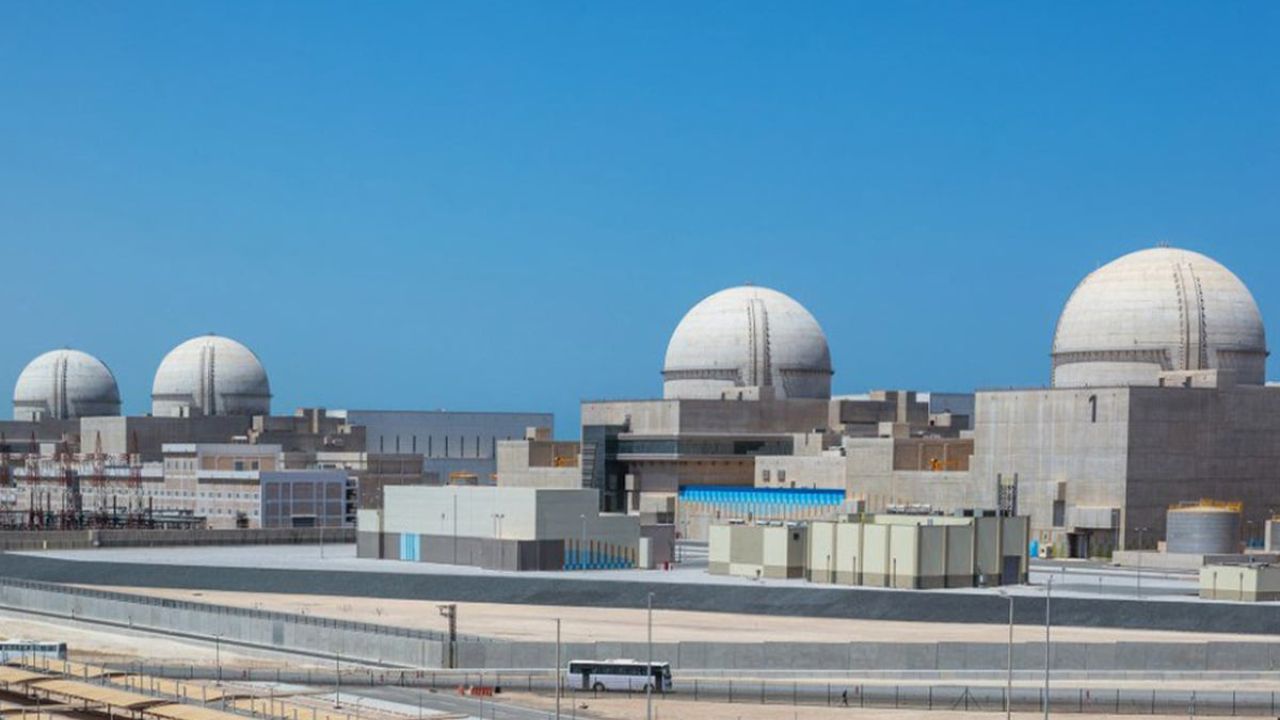The United Arab Emirates (UAE) has initiated discussions with European nations, including Britain, regarding potential investments in their nuclear power infrastructure, according to Reuters, citing sources familiar with the matter.
The UAE’s state-owned Emirates Nuclear Energy Company (ENEC) is considering becoming a minority investor in European nuclear power assets as part of its international expansion strategy.
ENEC, backed by Abu Dhabi‘s ADQ, aims to diversify its portfolio by holding minority stakes in nuclear power infrastructure abroad, without involvement in their management or operation.
This move aligns with the UAE’s broader efforts to shift its economy away from reliance on fossil fuels, echoing similar initiatives by oil-rich nations like Saudi Arabia.
Potential Investment in the UK’s Nuclear Sector
Sources briefed on the discussions reveal that ENEC has been in talks to invest in the United Kingdom’s nuclear industry, although specific details have not been disclosed.

Britain, in turn, seeks additional private investment for projects such as the Sizewell C large-scale nuclear plant, currently under development by French energy giant EDF in southeast England.
This comes as the UK government seeks to bolster its clean energy infrastructure and reduce reliance on traditional energy sources.
Driving Sustainable Investment in Nuclear Energy
The UAE’s interest in investing in European nuclear power infrastructure underscores the growing momentum for sustainable finance initiatives within the energy sector.
By diversifying its investments into clean energy projects abroad, the UAE aims to contribute to global efforts in combating climate change and advancing clean energy transition.

As governments worldwide seek to accelerate the adoption of renewable and low-carbon energy sources, collaborations between countries and private investors play a pivotal role in driving sustainable development.
The UAE’s potential investments in European nuclear power assets reflect a strategic shift towards sustainable finance and climate-resilient infrastructure.
